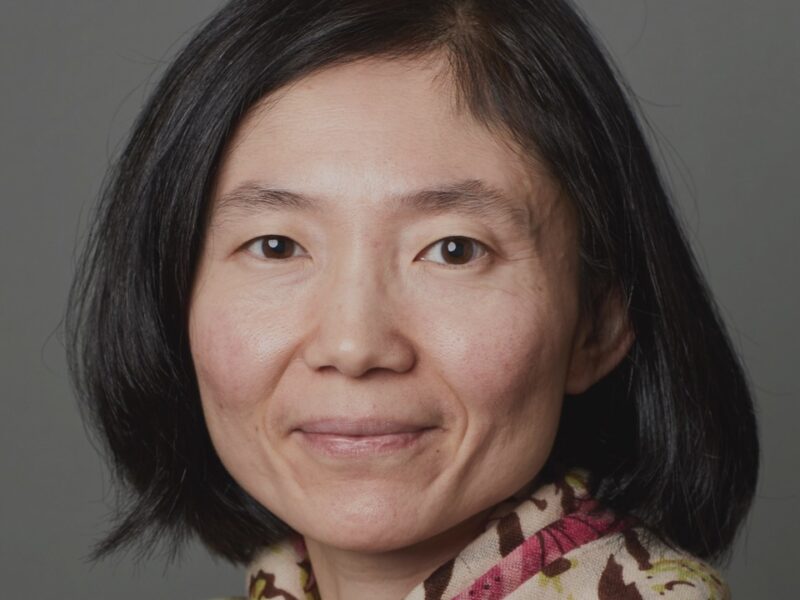Dr. Yuhua Bao Receives Grants to Study Implications of Opioid and Other Drug Policies on People with Cancer
This news was originally reported by the Department of Population Health Sciences at Weill Cornell Medicine.

Dr. Yuhua Bao, professor of population health sciences in the Division of Health Policy and Economics, has received grants from the American Cancer Society (ACS) and the National Cancer Institute (NCI) to assess the implications of opioid and other drug policies for patients receiving active cancer treatments, long-term survivors of cancer, and cancer patients with advanced disease.
“Both studies are motivated by the growing concern that cancer-related pain is not being adequately addressed in the context of the opioid epidemic and related policies,” said Dr. Bao. “We hope to shed light on the clinical mechanisms underlying policy changes and what we observe in response to those policies.”
In 2016, the CDC released guidelines for prescribing opioids for chronic pain, which specified recommendations for primary care clinicians “prescribing opioids for chronic pain outside of active cancer treatment, palliative care, and end-of-life care.” The narrow exception for patients receiving active cancer treatment raised controversy, given that more and more patients who live with cancer and cancer-related pain no longer receive active cancer treatment. Prominent state policies also mandate prescriber participation in prescription drug monitoring programs (PDMPs) and limit the duration and dosage of opioid prescriptions for acute pain.
Dr. Bao explains that many states now mandate prescribers to check PDMP before prescribing opioids and other controlled substances. These mandates could place a significant burden on clinicians, potentially deterring them from prescribing opioids.
“When we conceptualized the studies, it became clear that we needed to have a conceptual framework,” she explained. “Cancer survivors are an extremely heterogeneous population; one size does not fit all. We need to have different benefit-risk evaluations for different patients.”
Risks to opioid prescriptions can include opioid dependence, misuse, and opioid use disorder. Dr. Bao shares that for patients with advanced disease experiencing end of life, there’s a high consensus that the benefits outweigh the risks. For the long-term survivorship group that is not actively receiving cancer treatment, there’s increasing consensus to consider alternatives to opioids if patients have never been prescribed opioids. Ambiguity is greatest for patients receiving active cancer treatment. While opioids are usually considered the first line of treatment for moderate to severe cancer-related pain, she explains that clinicians need to weigh risks and benefits on a case-by-case basis.
Read the full article at the Department of Population Health Sciences at Weill Cornell Medicine to learn how Dr. Bao and colleagues plan to track opioid prescribing patterns and assess policy implications.